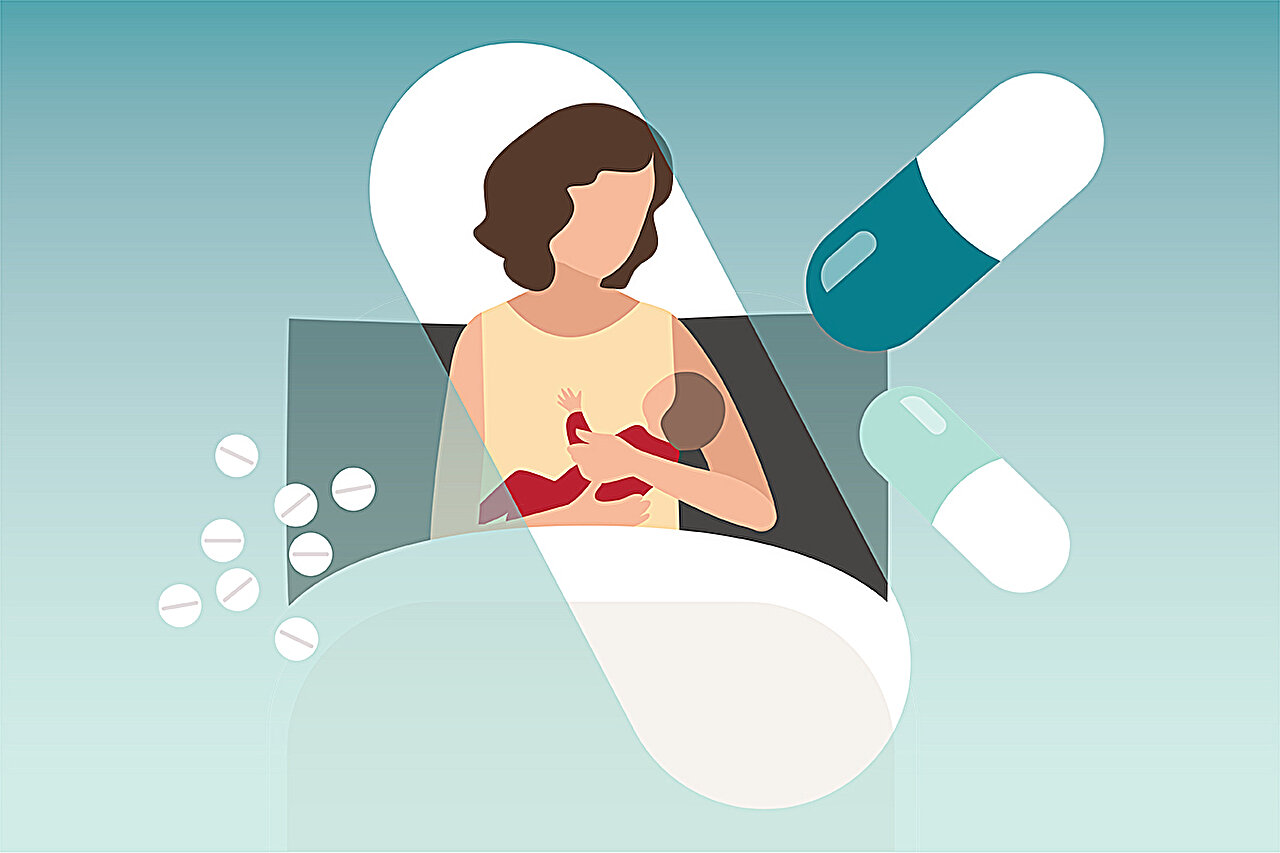New Approach Empowers Mothers to Combat Hepatitis C

A New Approach to Hepatitis C Treatment for New Mothers
Hepatitis C is a serious bloodborne virus that can lead to severe liver damage, including cirrhosis, liver cancer, and even death if left untreated. Despite the availability of highly effective treatments, the prevalence of hepatitis C remains high, especially among women of childbearing age. These women account for more than one-fifth of all chronic hepatitis C infections globally.
New mothers are particularly at risk because traditional treatment protocols often require follow-up appointments during the postpartum period, which can be challenging and overwhelming. However, a recent study conducted by researchers at Washington University School of Medicine in St. Louis has introduced an innovative clinical program that could change the way hepatitis C is treated in this vulnerable group.
The "Meds to Beds" Program
The study found that new mothers who received antiviral treatment while still in the hospital after giving birth had significantly better outcomes compared to those who were referred for outpatient care. Specifically, these mothers were twice as likely to complete their therapy and be cured of the infection.
The research was published in Obstetrics & Gynecology Open and highlights the importance of integrating hepatitis C care into the postpartum period. Dr. Laura Marks, a senior author on the study, emphasized the need to bridge the gap between inpatient and outpatient care. She noted that many patients fall through the cracks due to the traditional division of care between labor and delivery and follow-up hepatitis C treatment.
To address this issue, the team implemented a "Meds to Beds" approach. Instead of referring patients to outpatient clinics, the obstetric and maternal-fetal medicine teams worked with infectious disease specialists to begin the treatment process before discharge. This model ensures that patients receive timely care without the added burden of scheduling follow-up appointments.
Evaluating the Effectiveness of the Program
The researchers reviewed medical records of 149 mothers who delivered babies at Barnes-Jewish Hospital between January 2020 and September 2023 and tested positive for hepatitis C. Depending on the availability of infectious disease specialists, some received treatment in the hospital, while others were referred for outpatient care.
The results showed that two-thirds of the patients who started treatment in the hospital completed the full course of antiviral medication, compared to only about one-third of those in the outpatient group. Moreover, over half of the outpatient referral group did not attend their follow-up appointments. Successful treatment was determined by lab tests confirming the absence of the virus or patient reports of completing the medication.
Dr. Jeannie Kelly, another key researcher on the study, highlighted the broader impact of curing hepatitis C in new mothers. She explained that treating the infection not only benefits the mother but also protects her family and future pregnancies. By rethinking how care is delivered, the team aims to close gaps in treatment and improve health outcomes for entire communities.
Expanding the Model
The success of the "Meds to Beds" program has led to further efforts to integrate hepatitis C care into obstetric clinics. Washington University Medicine’s Division of Infectious Diseases and Division of Maternal-Fetal Medicine have collaborated to develop new guidelines that support shared decision-making around hepatitis C treatment during pregnancy.
Beyond the hospital setting, the team is working to train doctors across WashU Medicine to implement the "Meds to Beds" model for all patients with untreated hepatitis C. Since 2023, the program has been expanded to include expedited post-treatment follow-up in local communities, ensuring that patients receive the care they need.
Over 200 patients have benefited from the program, marking a significant advancement in hepatitis C care. Researchers believe that this model could also be applied to other infectious diseases, offering a scalable solution for improving public health.
Future Implications
Dr. Marks emphasized the importance of embracing new models of care that prioritize patient needs. She believes that by training healthcare professionals to treat what is in front of them, especially for communicable diseases, the overall health of the community can be improved.
As the program continues to grow, the momentum behind the "Meds to Beds" approach is expected to build over time. With more healthcare providers adopting this model, the potential for widespread impact becomes increasingly clear.
This innovative approach not only addresses the immediate needs of new mothers but also sets a precedent for rethinking how care is delivered in the broader healthcare system.
Post a Comment